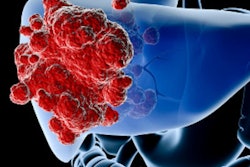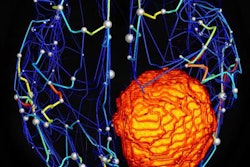The German Research Foundation (DFG) has set up a collaborative research center for diagnostic radiology at the Charité in Berlin. The move creates the first such center for radiology in Germany.
Collaborative research centers are long-term university-based research institutions in which researchers work together in a multidisciplinary program, allowing them to take on innovate and long-term research projects that require coordination and concentration of individuals and resources. They are set up to operate for up to 12 years, with a renewal process every four years.
The new center at the Charité will carry the title "matrix in vision" and will focus on how pathological changes in the extracellular matrix can be visualized with radiology techniques. The hope is that the center's findings could contribute to earlier detection of disease and the guidance of therapy.
The new center will combine biological molecular methods in radiology with new biophysical insights into the role of mechanical tissue parameters in the development of disease. Researchers hope to do the following:
- Investigate the interaction of molecular imaging probes with the extracellular matrix.
- Investigate new imaging approaches using various types of magnetic nanoparticles and gadolinium-based imaging probes.
- Perform multiscale quantification of mechanical structural elements of the extracellular matrix, ranging from microscopic collagen and glycosaminoglycan networks to macroscopic mechanical parameters investigated by clinical diagnostic elastography.



















